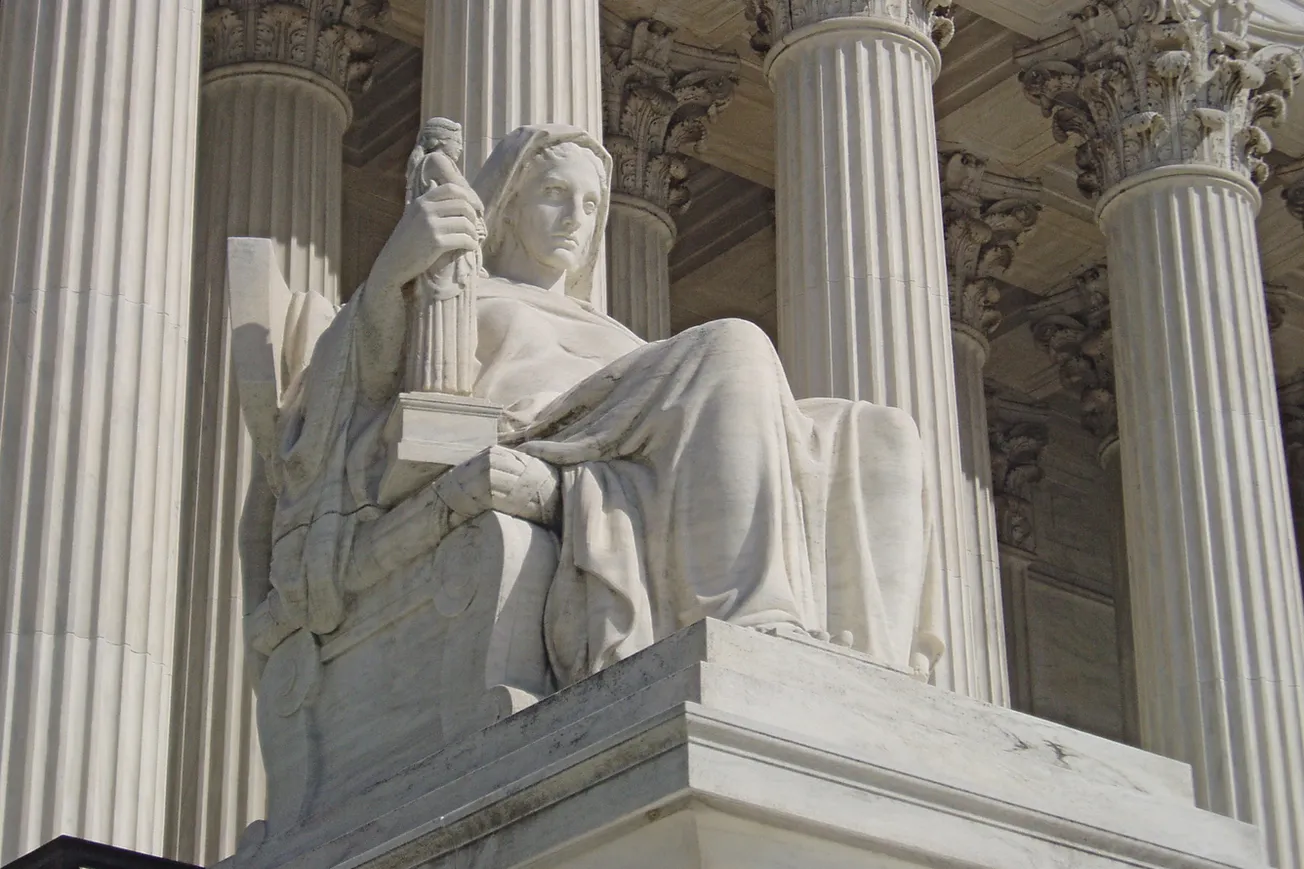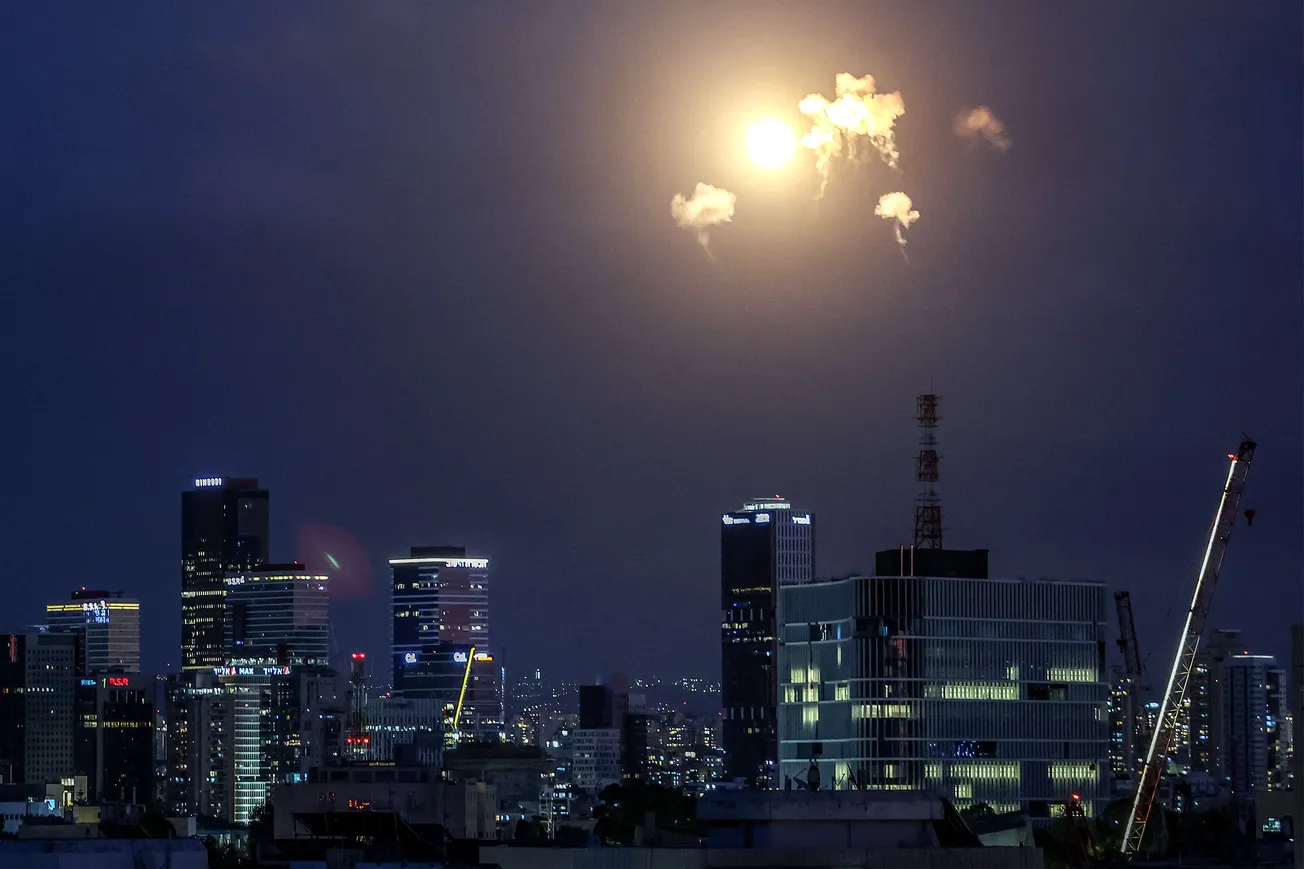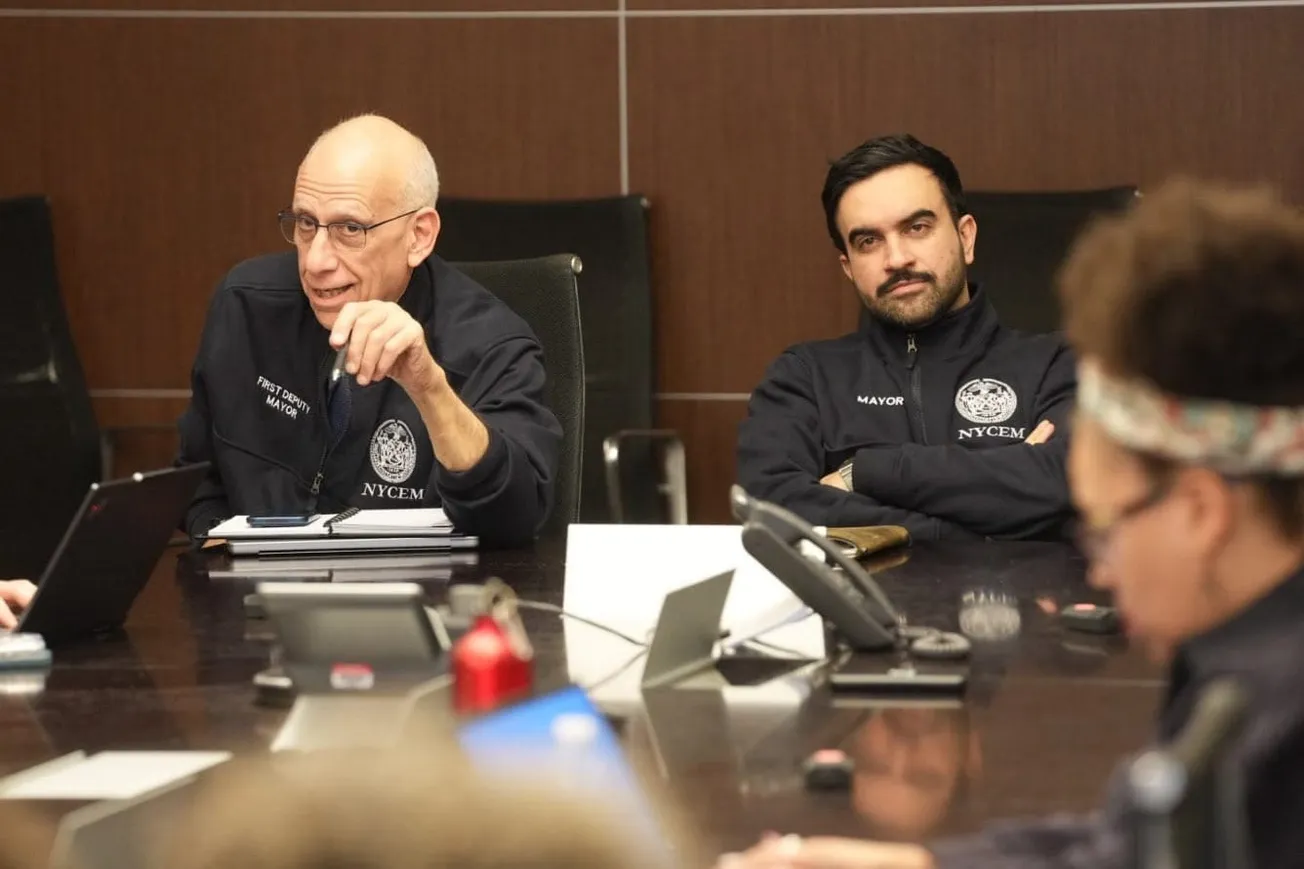Congressional language in legislative text is often long and confusing. The 26 words of Section 230 of the Communications Decency Act (C.D.A.) of 1996 are a rare exception and because of their elegance, helped launch the global internet revolution as we know it today.
"No provider or user of an interactive computer service shall be treated as the publisher or speaker of any information provided by another information content provider" (47 U.S.C. § 230)."
For those who find the above text too cryptic, the Electronic Frontier Foundation comes to the rescue: Online intermediaries that host or republish speech are protected against a range of laws that might otherwise be used to hold them legally responsible for what others say and do. In other words, social media outlets such as Google, Facebook, YouTube, and Twitter are not legally liable even if someone using these platforms in some manner plans and delivers bodily injury to someone else.
At issue is this concept of bodily harm and how much tech companies must pay in damages. A case winding its way through the federal courts has finally reached the United States Supreme Court, where oral arguments will be held on Tuesday. In 2015, Nohemi Gonzalez, a 23-year-old CalState student, was the lone American killed in a series of terror attacks in Paris orchestrated by the Islamic State. Her father sued Google and other tech companies, charging that they did not sufficiently censor radical speech included in ISIS propaganda, messages, and videos of graphic violence. The result, Mr. Gonzalez concludes, is that Google enabled users to become radicalized and, therefore, must be held legally responsible.
Even if Section 230 weren't around, Mr. Gonzalez's argument is a stretch. While we sympathize with his family for his terrible loss, most people know that images and speech around us do not alter our behavior unless we let them. Vegans don't begin eating meat because a flier from a steakhouse lands in the mailbox.
Mr. Gonzalez did not sue the Islamic State, the perpetrator of these cowardly attacks, and had he done so, it would be entirely proper. He chose to sue Google instead for carrying the terrorist organization's videos. He knows that Google had no hand in their creation, but Google merely served as a platform to disseminate someone else's content. By Mr. Gonzalez's logic, a vegan should sue the printer of the fliers (or the paper manufacturer) for communicating the steakhouse's message.
But America has Section 230 out of a tradition of respect for free speech - and in this context, Mr. Gonzalez's claim borders on the frivolous. The district court that first heard his complaints concluded that his claims were barred under 47 U.S.C. § 230 of the Communications Decency Act. When the plaintiffs appealed to the Ninth Circuit, a panel held that the district court in Gonzalez correctly ruled that § 230 barred most of the plaintiffs' claims.
The Supreme Court's decision, expected in June, will be among the most important cases for this term. If the Court reverses the Ninth Circuit's decision and weakens or scuttles Section 230, the internet will no longer remain free. Social media platforms, discussion boards, and even newspaper reader comment sites will have to hire armies of people to monitor content constantly and bring it down if found offensive. Failure to do so could trigger lawsuits claiming both primary and secondary liability.
The Left's arguments that misinformation and hate speech permeate social media platforms and must be contained have proven false. Elon Musk took over Twitter on Oct 27, 2022. In the last four months, no one has been hurt under new Twitter moderation policies that respect free speech. On the contrary, the "Twitter Files" reveal that censorship was rampant during the previous regime, abridging legitimate discussion around Covid-19 vaccinations, the Hunter Biden laptop, and Russia-Russia collusion. Even liberals now concede that mask mandates and school closures were overdone to the detriment of childhood learning. The Supreme Court should conclude that censorship, the most likely outcome of weakening Section 230, harms society substantially more than it helps.
We would like the Supreme Court to expand Section 230 protections because Congress is unwilling to touch the law. The Court can use two elegant precedents by focusing on the merits of free speech. In his concurring opinion in Whitney v. California (1927), Justice Louis Brandeis said: "If there be time to expose through discussion the falsehood and fallacies ... the remedy to be applied is more speech, not enforced silence." Referring to this elegant approach, former Supreme Court Justice Anthony Kennedy said in United States v. Alvarez. that "the remedy for speech that is false is speech that is true," calling it "the ordinary course in a free society."
We noted a year ago that Big Tech does not physically endanger anyone's safety. It doesn't create products (garden tools) that could accidentally harm people. Nor does it act to intentionally hurt people, such as a terrorist setting off his explosive vest. Nor does it have the regulatory responsibilities of government agencies - the F.A.A., F.D.A., and OSHA - which exist to implement laws to improve safety.
Sorry, Mr. Gonzalez, the remedy you seek is too painful for the rest of humanity. The United States Supreme Court can uniquely restore the internet to an era before Big Tech censors ran amok with their corrupt power to stifle discussion. We should eliminate the likes of Yoel Roth and Vijaya Gadde from our social media platforms forever. Let us go back to the glory days of a free internet.






